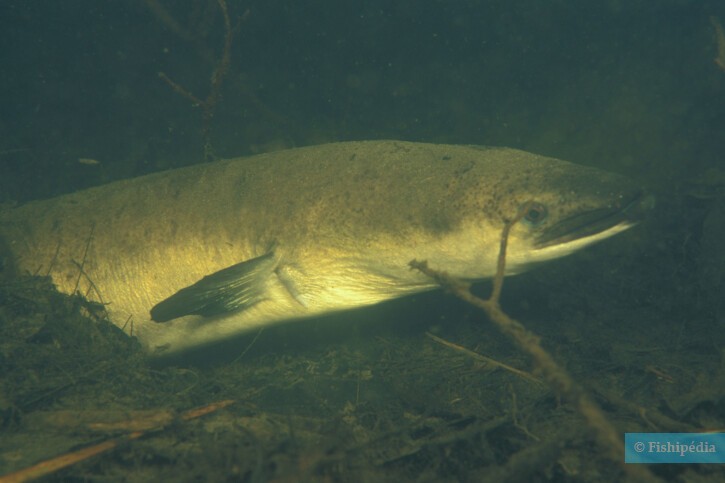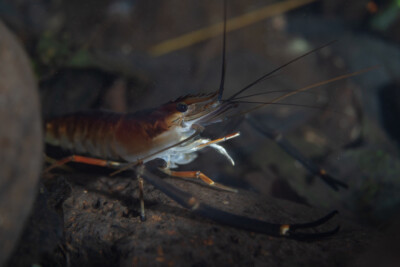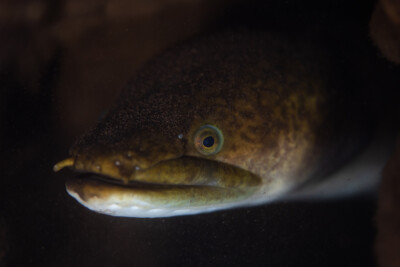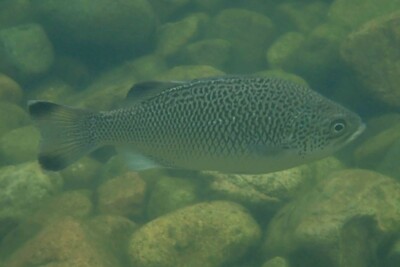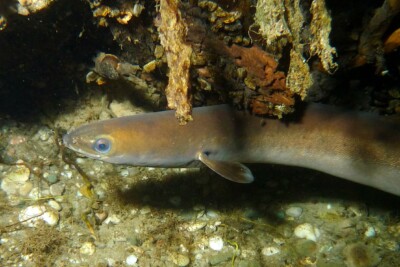australian longfin eel
| Scientific name | Anguilla reinhardtii |
|---|---|
| Descriptor | Steindachner |
| Year of description | 1867 |
| IUCN category (World) | LC |
| Family | Anguillidae |
| Genus | Anguilla |
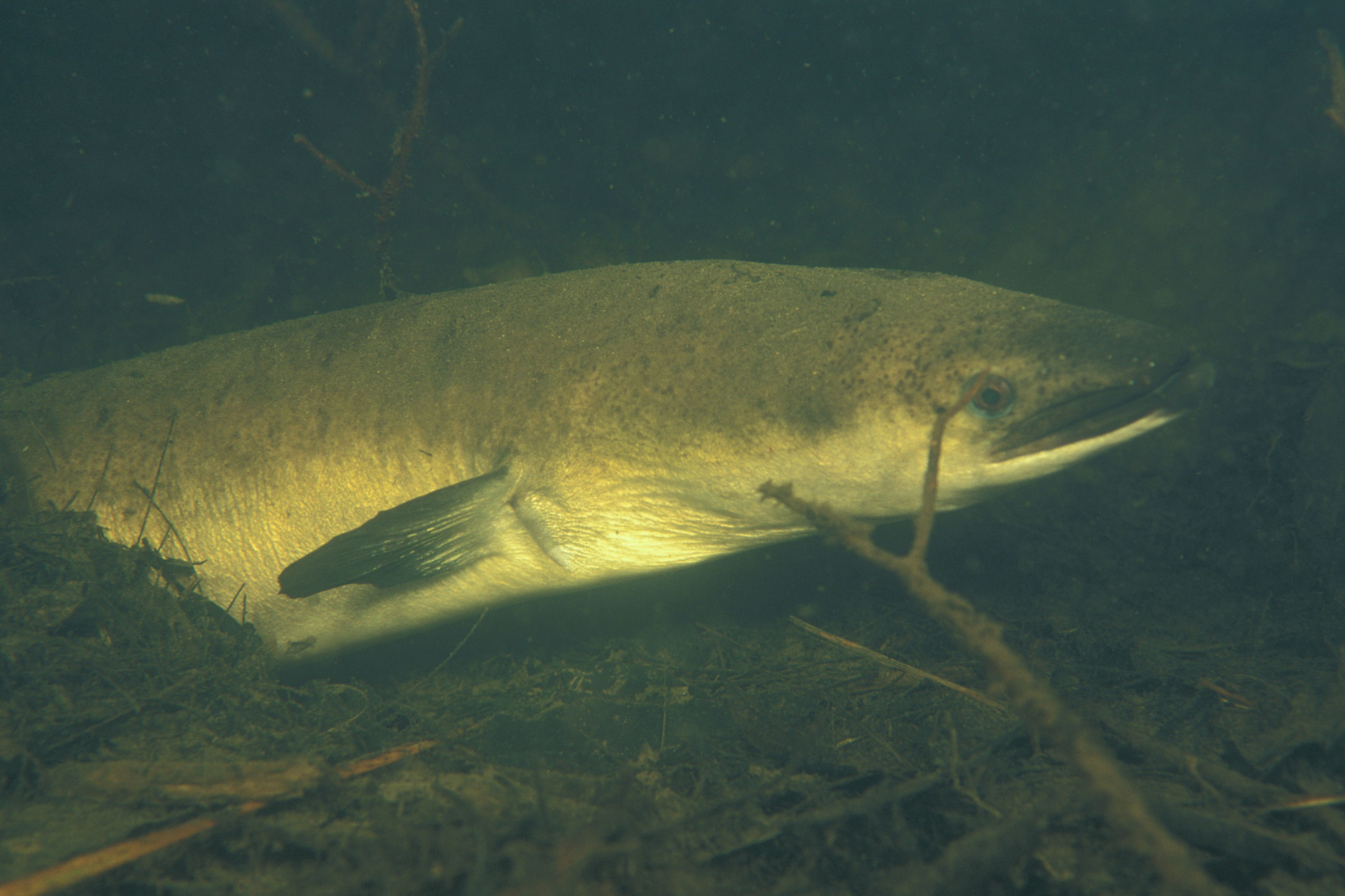

Introduction
Anguilla reinhardtii, commonly known as australian longfin eel, is a fresh water fish from the Oceania.
This sheet is currently being prepared. The texts currently proposed come from our data model or are being drafted. To request priority for this content, you can write to us HERE.
Who is it?
Morphology
-
Average size100 cm
-
Maximum size165 cm
-
ShapeSerpentiform
-
Mimicryplants
-
Patternmottling
-
Average size100 cm
-
Maximum size165 cm
-
ShapeSerpentiform
-
Mimicryplants
-
Patternmottling
How to recognize This fish ?
The australian longfin eel measures between 100 and 165 cm. This fish is bicolore with a predominantly marron and beige body. The also has marron mottling.
Behaviour & Life cycle
-
dietcarnivorous
-
Sociabilitysolitary
-
territorialNo
-
Way of livingnocturnal
The australian longfin eel is a fish solitary naturally found near the bottom. This species is carnivorous . This fish lives mainly at night. Usually, it leaves its hiding place and starts to be active once it gets dark.
Although the australian longfin eel is non-territorial, it is sometimes aggressive towards other species. In a constant quest for dominance, the dominant males of this species cannot stand each other. The battle between two individuals can be intense and violent. It will result in the submission and sometimes even death of one of the protagonists.
Reproduction
-
Reproductionovipare
-
Migratory speciesYes
The australian longfin eel is a fish ovipare. This fish protects its eggs from nearby predators.
Harmless species
This species does not represent any particular threats to humans when encountered in its natural environment.
Origin and distribution
What is its habitat?
Natural environment characteristics
-
Temperature3 - 12 °C
Biotope presentation
The acidification of water comes from the decomposition of plants. This phenomenon changes the color of the water, which tends to turn brown. In some areas particularly rich in organic matter, the water is so dark that it is called "black water".
The australian longfin eel is most often found at a depth between 1m and 3000m. However, it is not impossible to find this species at other depths.
Species of the same biotope
To go further
Sources & Contributions
Participation & Validation
The Fishipedia team and specialist contributors are committed to providing high-quality content. However, although the information comes from scientific sources or testimonials from specialists, the cards may contain inaccuracies.

Benoit Chartrer
Translation
Translation done with the valuable contribution of our translators, who make this information available to a wider audience. We sincerely thank them for their commitment.
Scientific partners
Same genus
Species of the same biotope
